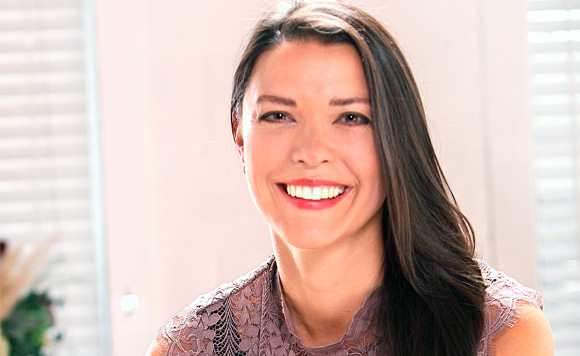by Dr. Marita Schauch, ND, Tall Tree Integrated Health Centre –
With back to school upon us and the end of the lazy days of summer, I feel it’s high time to talk about the importance of rest. Rest is a factor that often gets overlooked, even by those I see living the “healthiest” lifestyles on paper. I’m not just talking sleep: I’m talking good old-fashioned R&R.
We live in a society that values productivity – one that rewards the grind and idolizes busy. We’re suffering because of it, both physically and mentally – we’re a society of stressed-out, burnt-out humans. Let’s look at some of the biggest reasons rest is important.
Reasons to Rest
Reduced Stress & Anxiety. Taking the time to rest – to do something that feels nourishing and restorative – reduces the levels of cortisol, the stress hormone in our bodies.
Better Mood. Less stress means better moods. Doing things that feel good also boosts our happy hormones, leaving us feeling a boost in our mood.
Improved Cardiovascular Health. Stress is a major risk factor in developing cardiovascular disease and taking the time to rest, alongside other healthy lifestyle choices, goes a long way.
Healthy Immune System. Your body is better able to fight off infection when it is under lower day-to-day stress.
Helps with Hormonal Imbalances. Many hormone imbalances are triggered by stress and the overproduction of cortisol.
Better Focus. That’s right: you’ll likely actually be more productive if you take a break and harness the power of rest to help boost focus and concentration.
The Way You Rest Matters
Did you know that the quality of the rest you get makes a difference? Most people engage in what is called “numbing rest” in which the only way they can switch off their busy minds is to do something that effectively checks them out of reality.
Numbing Rest Includes things like:
• Alcohol and Drug Use
• Netflix Binging
• Video Games
It’s important to recognize that these things don’t always equate with numbing rest, but they commonly do in today’s society.
Restorative rest, on the other hand, focuses on resting in ways that leave you feeling rejuvenated, and engaged with life:
• Meditation
• Yoga
• Naps
• Curling up with a book
• Forest Bathing (enjoying nature while being calm and quiet)
The key is intention. It’s okay to rest in whatever way fuels you, and from time to time you may need to check out and that’s OK.
Stay present to how you feel after your R&R. Do you feel recharged, or drained? If you consistently feel drained, even after resting, you may need to discuss the topic of burnout with your healthcare provider. Now, go and put your feet up – doctor’s orders!




